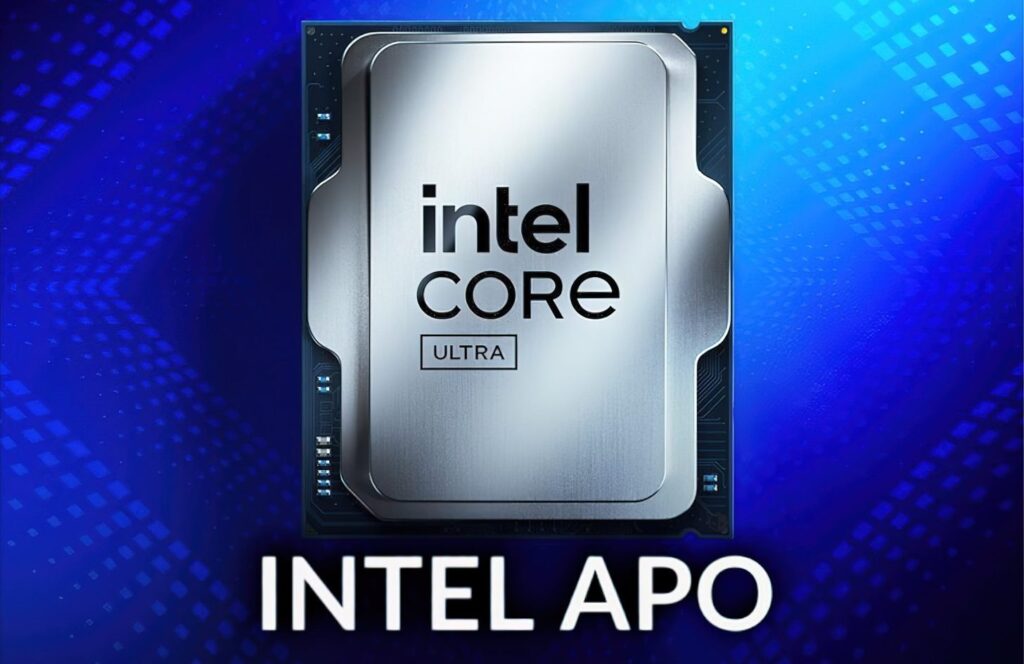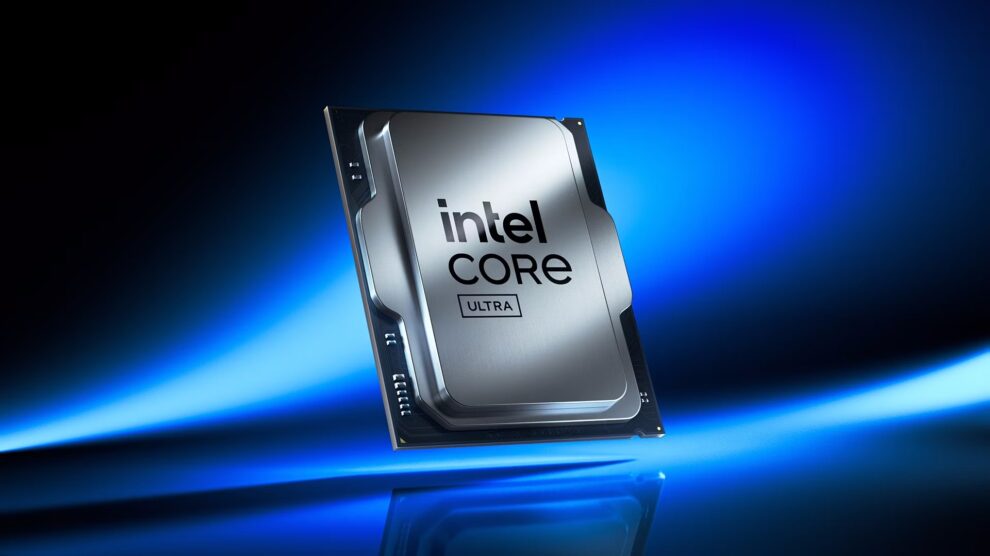In a significant move to enhance gaming performance on its latest processors, Intel has expanded its Application Optimization (APO) support to include a total of 26 popular games. This update, which adds 12 new titles to the existing list, is set to improve the gaming experience on Intel’s Core Ultra 200S and 14th Gen CPUs, marking a strategic step in the company’s efforts to dominate the gaming processor market.

Understanding Intel APO
Intel’s Application Optimization, commonly referred to as APO, is a sophisticated software technology designed to boost performance in specific applications, particularly games. Key features of APO include:
- Enabling Intel Dynamic Tuning Technology (DTT) for improved performance, battery life, and temperature management
- Real-time resource allocation to applications that require the most attention
- Game-specific optimizations tailored to each supported title
This technology represents Intel’s commitment to enhancing the gaming experience through software optimizations, complementing the raw power of their hardware.
Newly Supported Games
The latest update brings APO support to an impressive list of 26 games, covering a wide range of genres from esports to AAA titles. The full list includes:
- Company of Heroes 3
- Counter-Strike: 2
- Cyberpunk 2077
- Dirt 5
- Dota 2
- Dreams Three Kingdoms 2 (PRC)
- F1 22
- Final Fantasy XIV Endwalker
- Fortnite
- Guardians of the Galaxy
- Metro Exodus
- Naraka: Bladepoint
- Red Dead Redemption 2
- Riftbreaker
- Serious Sam 4
- Shadow of the Tomb Raider
- Strange Brigade (VLK)
- Tiny Tina’s Wonderlands
- Tom Clancy’s Rainbow Six Siege
- Total War: PHAROAH
- Total War: THREE KINGDOMS
- Total War: WARHAMMER 3
- Watch Dogs: Legion
- World of Tanks
- World of Warcraft
- World War Z
This diverse selection ensures that a wide range of gaming preferences are covered, from competitive esports titles to immersive single-player experiences.
Impact on Gaming Performance
The expansion of APO support is expected to have a significant impact on gaming performance for users of Intel’s latest CPUs. Some of the anticipated benefits include:
- Improved frame rates and smoother gameplay in supported titles
- Better resource allocation, leading to more stable performance in demanding games
- Potential improvements in battery life for laptop gamers
- Enhanced overall gaming experience, particularly in CPU-intensive titles
These improvements could be particularly noticeable in popular esports titles like Counter-Strike: 2 and Dota 2, which are known for their high player counts and competitive nature.
Implications for the Gaming Industry
Intel’s expansion of APO support has broader implications for the gaming industry:
- Increased competition in the CPU market, potentially driving innovation in gaming-focused processors
- Closer collaboration between hardware manufacturers and game developers for optimized performance
- Growing importance of software optimizations in hardware performance, potentially influencing future development practices
- Potential shifts in consumer preferences towards CPUs with game-specific optimizations
This move by Intel could prompt responses from competitors like AMD, potentially leading to a new era of software-hardware integration in gaming PCs.
Technical Considerations
While the expansion of APO support is generally positive, there are some technical aspects to consider:
- APO benefits are limited to users with Intel Core Ultra 200S and 14th Gen CPUs
- The effectiveness of optimizations may vary depending on individual system configurations
- Regular updates may be required to maintain optimal performance as games are patched and updated
- Potential for conflicts with other system optimization software or overclocking tools
Users should ensure their systems meet the necessary requirements to benefit from APO and stay informed about any potential compatibility issues.
Future Prospects
The expansion of APO support raises questions about the future of this technology:
- Will Intel continue to add more games to the APO support list, and at what frequency?
- Is there potential for APO support to be extended to older Intel CPU generations?
- How might APO evolve to work alongside other optimization technologies?
- Could similar technologies be developed for other hardware components, such as GPUs?
As the gaming industry continues to evolve, technologies like APO are likely to play an increasingly important role in shaping the gaming experience on PC.
Conclusion
Intel’s expansion of APO support to 26 popular games represents a significant step in the company’s efforts to enhance gaming performance on its latest CPUs. By optimizing resource allocation and performance for specific titles, Intel is not only improving the gaming experience for its users but also demonstrating the growing importance of software optimization in hardware performance.
As the gaming industry continues to push the boundaries of what’s possible in interactive entertainment, technologies like Intel APO are likely to play a crucial role in delivering smooth, responsive gameplay experiences. For gamers using supported Intel hardware, this expansion promises noticeable improvements in some of the most popular games on the market.
Moving forward, it will be interesting to see how Intel continues to develop and expand APO, and how competitors respond to this focus on game-specific optimizations. As always, the true test will be in the hands of gamers, whose experiences will ultimately determine the success and impact of these technological advancements.










Add Comment